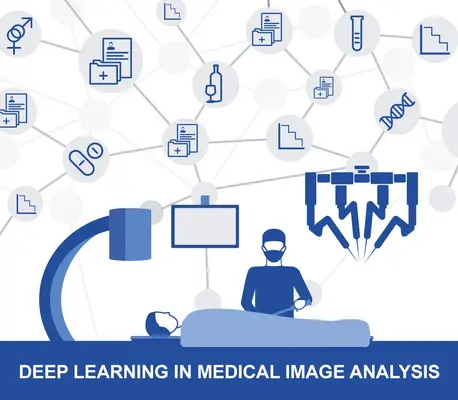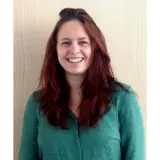Deep Learning in Medical Image Analysis
Seminar WS25/26
Current information
(5. September 2025)
Thanks to the great amount of interest and encouraging feedback from the previous five seminar installations, we will offer a sixth round of the Deep Learning in Medical Image Analysis seminar in winter semester 2025/26.
A briefing session will be conducted in the first week of lectures, most likely on Wednesday afternoon (15 October 2:00 - 3:30).
The seminar will take place on Friday mornings (9:30 - 11:00) on these dates:
14 Nov 2025
28 Nov 2025
5 Dec 2025
9 Jan 2026
16 Jan 2026
23 Jan 2026
30 Jan 2026
6 Feb 2026 (backup date)
The participant number is limited to 12 people. Registration for the seminar is now open via email.
Summary

This seminar will discuss current research in the field of machine learning-based biomedical image processing. In contrast to general image analysis applications the medical domain provides special challenges that we want to focus on within the seminar:
- Data scarcity: It is rather common that research on complex medical applications faces the problem of only small amounts of available data. This is rarely due to intrinsic rareness of certain medical cases, but rather to difficulties related to the use of highly sensitive personal information, which is well-protected by law. Current research hence deals with approaches that get by with little or no annotated data at all.
- Robustness: Often decisive between life and death, algorithms in the medical domain necessarily need to ensure robustness as a criterion. Outliers have to be discovered automatically and treated separately during processing. In a more general sense, the processing systems should themselves be aware about the uncertainty in their computations and provide the user with related quantitative information.
- Generalizability: Medical applications are highly subject to variability. This includes, for example, different versions and settings of recording devices as well as different modes of handling by physicians. With the intention of broad applicability beyond a specific setting, solid generalizability of the method is required.
A detailed list of topics will be released around the briefing date.
General information
Briefing:
There will be a briefing session including a presentation and the distribution of the topics as well as an introduction of grading criteria and other requirements for students. This will also provide an opportunity to ask any questions regarding seminar organization.
Registration:
Please send an e-mail to Maike Rees or Tom Rix (for contact details see below).
Audience:
The seminar ideally suits students of Computer Science and Scientific Computing. We offer both Bachelor- and Master-level topics (Pro-/Seminar), but the main focus lies on advanced techniques, so prior knowledge on Machine Learning, especially Neural Networks, is a precondition.
Contact
If you have any questions regarding the seminar, need support or would like further information, please do not hesitate to contact us. We will get back to you as soon as possible.
- Show profile

Prof. Dr. Lena Maier-Hein
Responsible Lecturer
- Show profile

Maike Rees
Teaching Assistant
- Show profile

Tom Rix
Teaching Assistent
- Show profile

Dr. Evangelia Christodoulou
Teaching Assistant